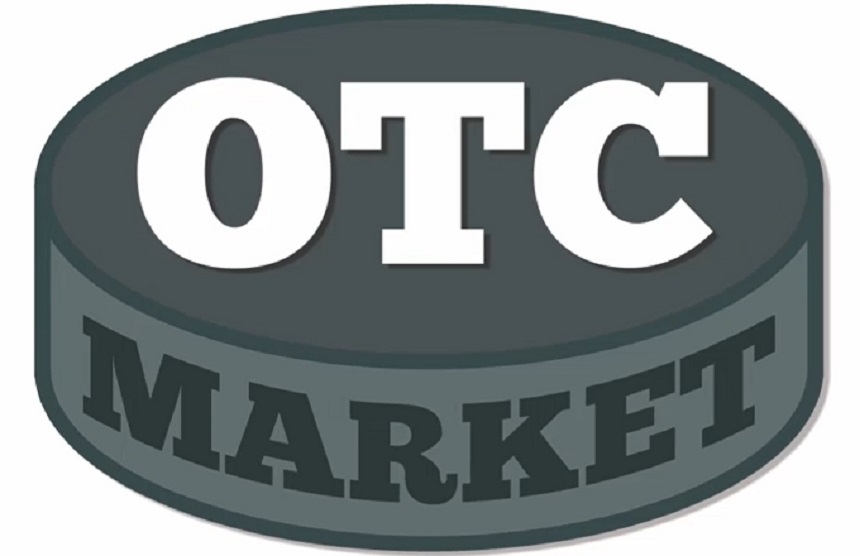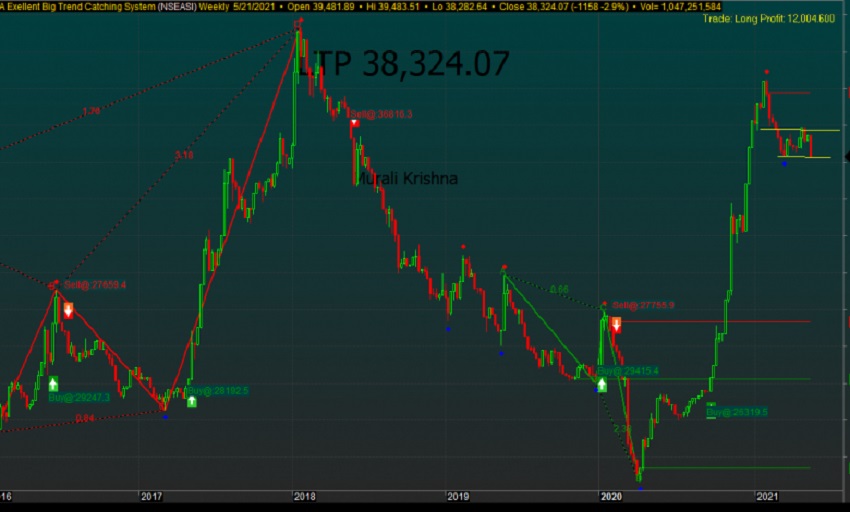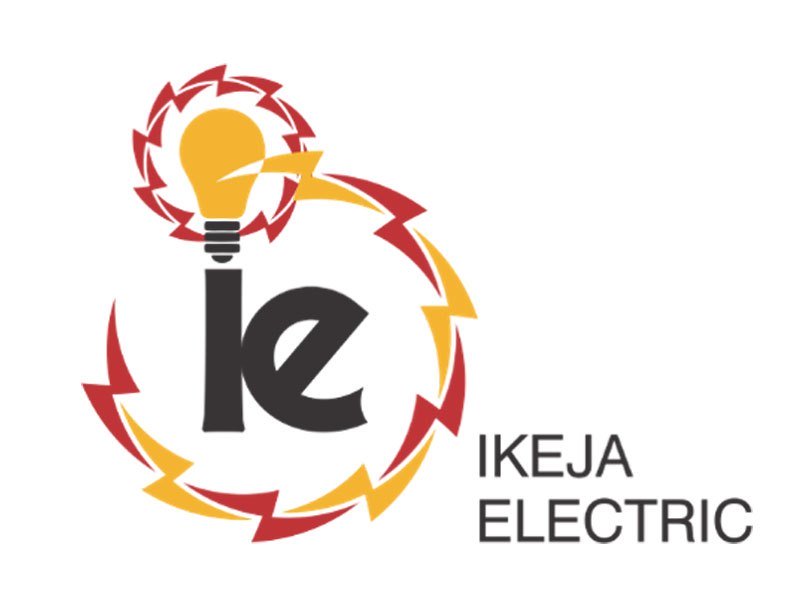By Adedapo Adesanya
Businesses may have suffered their worst year in 2020, but this year will see Micro, Small, and Medium Scales Enterprises (MSMEs) thrive if they work on all the lessons learnt and use them to adapt to the changing landscape, Mr Seye Olurotimi, the founder of MSMEs Africa, has said.
Mr Olurotimi, while appearing as a guest on TV Continental’s programme called Business Nigeria anchored by Mr Tolu Ogunjobi, which was monitored by Business Post, noted that small businesses do not have shock absorbers, which he said affected them when the global economy was faced with an unprecedented health crisis last year.
In his words, “MSMEs don’t have shock absorbers to withstand what the big corporates could absolve and when COVID-19 came and forced people to stay back at home, a lot of them didn’t have the infrastructure to run their services.
“It affected the way they made money. So, people could not make money, couldn’t meet their obligations, some have debts. Many have had to lay off their staff because they could not afford them.”
Mr Olurotimi noted that the recession that came with the situation led many to grapple with a lot as it made it harder for them to meet up with a lot of obligations.
FG’s interventions good
However, he commended several interventions from the federal government, which he said some have benefitted from. But he noted that the programme could not meet the demands of the over 40 million SMEs in the country.
Mr Olurotimi praised the payroll scheme of the federal government, which helped to pay workers and not business founders for a specified period, adding that the Guaranteed Offtake Scheme helped to provide funds to produce goods and also provided avenue’s to help them sell these goods.
While lauding these schemes, he advised the FG not to “just give people money” but should “train them on how to use them,” submitting that “for every intervention, let’s create a part that trains people on how to manage businesses so as to build capacity.”
He further said that despite the considerable improvement made as regards the movement of Nigeria in the ranks of global ease of doing business, there was more the country could do. Nigeria moved 15 places to 131 from 146 out of the 190 countries assessed by the World Bank.
He charged the Presidential Enabling Business Environment Council (PEBEC) to do more, explaining that the rate that businesses spend on electricity, rent and transport are not sustainable for business.
Suggests recommendations
Recommending effective measures that the Nigerian government can drive businesses, Mr Olurotimi suggested the creation of hubs for SMEs.
“When we say hubs, we mean like clusters for MSMEs where there is a 24-hour power supply and improved infrastructure so they don’t have to look outside,” he explained.
He added that the government should look to create hubs in different locations in the federation where people can have access to power and other needed structures.
“I think that would work, having hubs where all the factors of production or most are readily available and affordable.
“I also think the regulatory environment has to be friendlier. We have regulators like NAFDAC, SON, FIRS who have become unfriendly… so when the regulatory environment is suitable and friendly, SMEs will thrive.
He also added that the federal government needs to have policies that support capacity development, saying that factoring entrepreneurship into the country’s educational curriculum was not enough without the necessary outlets to practise.
Mr Olurotimi noted that policies like the Loan-Deposit Ratio (LDR) of the Central Bank of Nigeria (CBN), Finance Act (2020) and Companies Allied Matters Act (2020) deserved a pat on the back but people need to see more.
Outlook for MSMEs in 2021
Projecting what the year could hold, Mr Olurotimi said businesses would thrive following the copious challenges faced in the last twelve months on the condition they could leverage on technology and cut costs.
He advised the government to come to the aid of business not by interventions alone but by creating an enabling environment not restricted by unfriendly policies.
On the part of MSMEs, Mr Olurotimi said the pandemic saw people leverage technology and cut costs, and if they could build on these, they would be able to survive whatever shocks await.
He also charged SMEs to open up to the idea of open-source funding from venture capitalists, angel investors, among others, noting that the business trend of sole proprietorships is outdated and equity funding is where the world is driving towards, adding that business owners needed to improve on their creditworthiness by improving on their business characters.























